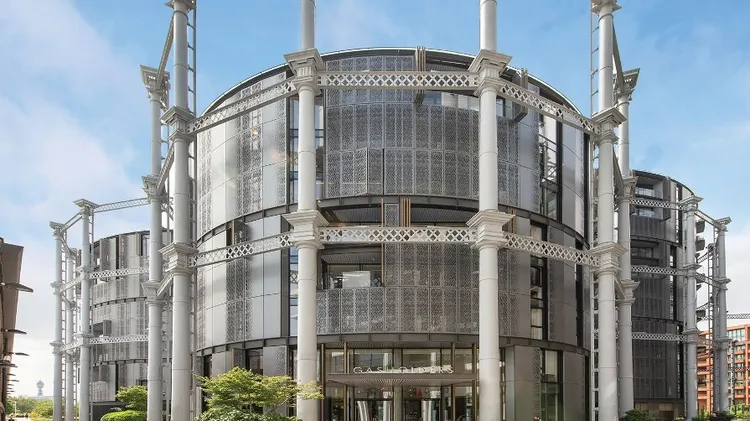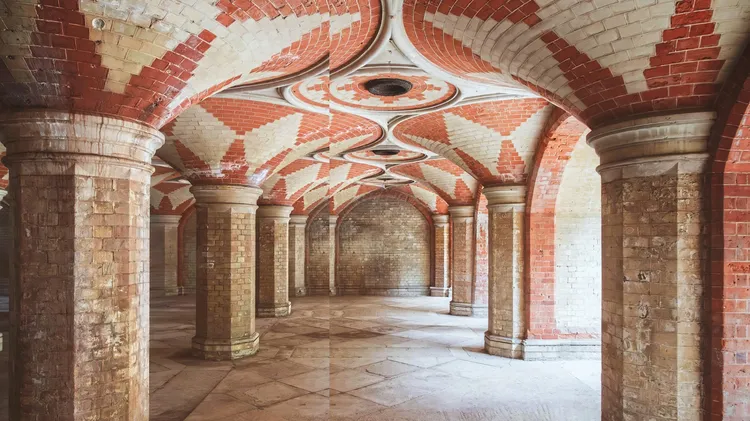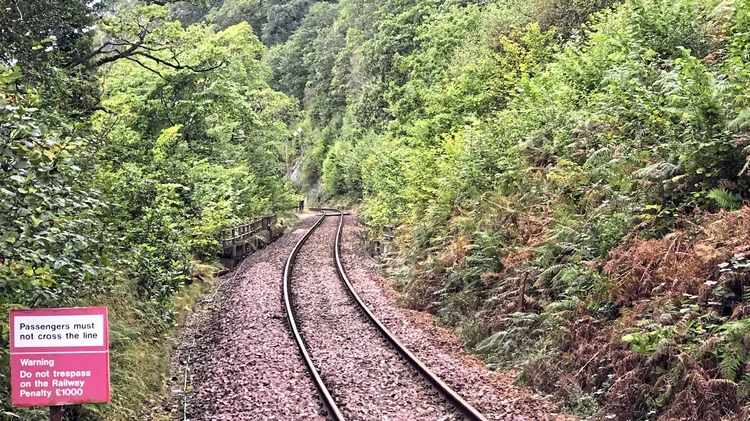By Greg Barrada
Britain is running out of water. we need new reservoirs before it’s too late
6 min read
This article is from...
Read this article and 8000+ more magazines and newspapers on Readly






